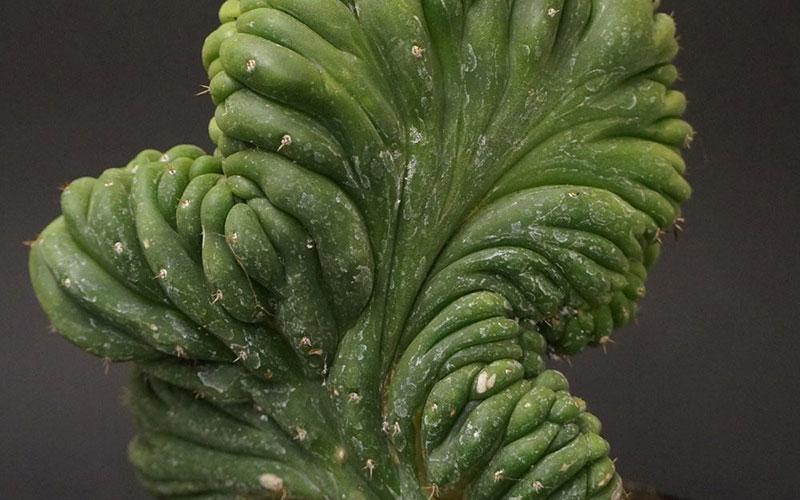Prof Trevor Graham part of ‘ACE’ research centre within NCI’s Cancer Systems Biology Consortium
 BCI’s Prof Trevor Graham, Lead of the Evolution and Cancer Biology Laboratory, is part of Arizona State University (ASU)’s recently funded research centre called ‘ACE’ (the Arizona Cancer Evolution Centre), which has been awarded more than $8.5 million over five years to serve as one of 13 research hubs within the National Cancer Institute (NCI)’s Cancer Systems Biology Consortium (CSBC).
BCI’s Prof Trevor Graham, Lead of the Evolution and Cancer Biology Laboratory, is part of Arizona State University (ASU)’s recently funded research centre called ‘ACE’ (the Arizona Cancer Evolution Centre), which has been awarded more than $8.5 million over five years to serve as one of 13 research hubs within the National Cancer Institute (NCI)’s Cancer Systems Biology Consortium (CSBC).
NCI’s CSBC has a multidisciplinary approach, with the network of centres uniting clinical and basic cancer researchers with physical scientists, engineers, mathematicians and computer scientists to tackle key questions in cancer biology in novel ways.
Research conducted at the centres will focus on the analysis of cancer as a complex biological system. The interdisciplinary investigators of the CSBC will integrate experimental biology with mathematical and computational modelling to gain insight into processes relevant to cancer initiation, progression and treatment options.
Prof Graham, who will co-lead two of the three major research projects within ACE, said:
I’m very excited to be part of the ACE and work together with the fantastic team of investigators in our Centre. ACE funding will allow us to take a holistic view of how cancers evolve by measuring tumour cells and their microenvironment simultaneously, and also allows us to explore new areas such as the parallels between cancer development in humans and other animals.
The mission

ACE’s mission is to advance the fundamental understanding of cancer and its clinical management through the development and application of evolutionary and ecological models to cancer biology. Ongoing research efforts have shown that evolutionary and ecological theory can be used to distinguish low-risk from high-risk tumours, develop novel approaches to cancer prevention, predict long-term response to therapy, and discover the fundamental biology that drives cancer.
Prof Graham will focus on combining ecological (eco) and evolutionary (evo) measurements of colon cancer development, with the aim of identifying ‘eco-evo’ biomarkers that predict patient prognosis. In addition to this, Prof Graham’s team will be investigating why cancer incidence is so different between species, in an approach known as ‘comparative oncology’. This will involve cataloguing incidences of cancer in the London Zoo pathology archive, with records that date back into the 19th century. The team also hope to sequence some animal cancers, such as those from elephants, to determine how they have evolved differently to human disease.
ACE will bring together leading researchers from a variety of institutions nationwide, including ASU, the University of Southern California, Queen Mary University of London, the University of California, Santa Barbara, the University of Zurich, The Institute of Cancer Research (London), the University of Utah, Stanford University and North Carolina State University.
Category: General News, Grants & Awards

No comments yet